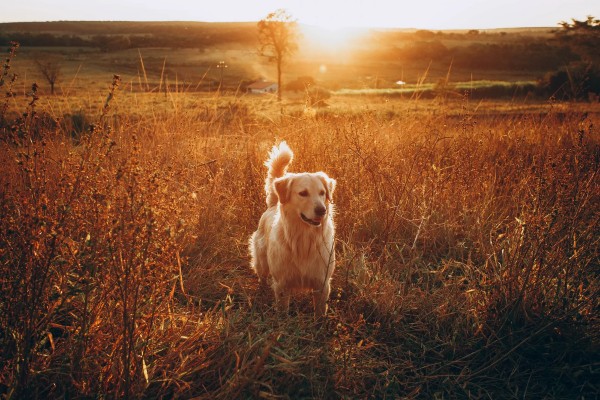When Viral Experiences Become A Cautionary Tale
17 July 2025

Not for the first time in recent years, another experience that became a hugely popular viral internet sensation and tourist attraction has bitten the dust this week in a cloud of disgrace.
Cast your mind back, if you will, to just four years ago. Fresh out of the last few waves of the COVID lockdown in 2021, the Golden Retriever Experience in Minehead in Somerset gained traction on social media. Dog lovers the length and breadth of the country flocked there to have their photo taken with and pet a pack of around 40 Golden Retriever dogs, to the tune of £70 a pop. It sounded like a dog lover's dream, but the reality was far from it.
Fast forward to this week, and after having its licence revoked by Somerset Council in May 2024, following whistleblowing by staff at the experience, and a subsequent RSPCA and police investigation, which uncovered the shocking and cruel treatment of the dogs and the conditions they were being kept in, the experience has been formally shut down, and the owner, Nicolas St James, has been given a suspended prison sentence of 18 months, as well as being fined £5000 and banned from owning dogs for 10 years.
Mercifully, the investigations of the police and the RSPCA have seen to it that the remaining dogs were seized from him and rescued, and taken to the latter's facility in Cornwall, where they have now all since been safely rehomed and are well looked after.
Once again, this dire situation does raise a question we were discussing on this blog only as recently as April this year, as to how such catastrophes have arisen once more? Looking at the case of the Golden Retriever Experience, and the facilities these were being hosted at, it is clear that its owner was ill prepared for the power of social media and the internet to ensure it took off in the way it subsequently did and meet demand.
But, as the judge at North Somerset Magistrates Court who sentenced its owner yesterday rightly pointed out, his lack of remorse made it worse, when he failed to implement changes from warnings issued after the investigations, which highlighted that he was focused more on his own financial gain (or preventing losses) than the ultimate welfare of the animals, which, unless it hadn't been investigated sooner, could have had even more dire consequences that don't bear thinking about.
Taking that aside however, the common denominator is the lack of adequate infrastructure and going through the correct channels, and in this case, following basic health and safety requirements to ensure that this experience could run safely - and moreover, given that animals were involved, humanely. Because this certainly wouldn't happen on the watch of a more reputable provider or agency.
As we have said before, there seems to be an alarmingly growing number of examples of how not to run experiences than those that are run successfully. It seems to be the nature of the beast in all walks of life where a leisure or recreational activity is concerned, whether it's restaurants, hotels, major events such as sports games or concerts or anything public facing.
Still, one thing we hope it gives audiences pause for thought on, the next time they see the latest experience trending on Instagram or TikTok, is to really consider and research whether the quality and standards of an experience day match up to the social media hype which, with mayfly like precision, evaporates almost as quickly as it arrives.
And likewise, for providers of these experiences, we hope their focus is never detracted from the basic fundamentals and safeguarding that will ensure that people's next day out with them isn't one that they want to forget ever happened, lest they want a sea of 1 star reviews on TripAdvisor - or worse - to be their legacy.
Like this blog? Why not read some related blogs to this one:
Get Exclusive Experiences and Deals
Be the first to hear about our latest experiences, flash sales and seasonal offers.
Subscribe Now

